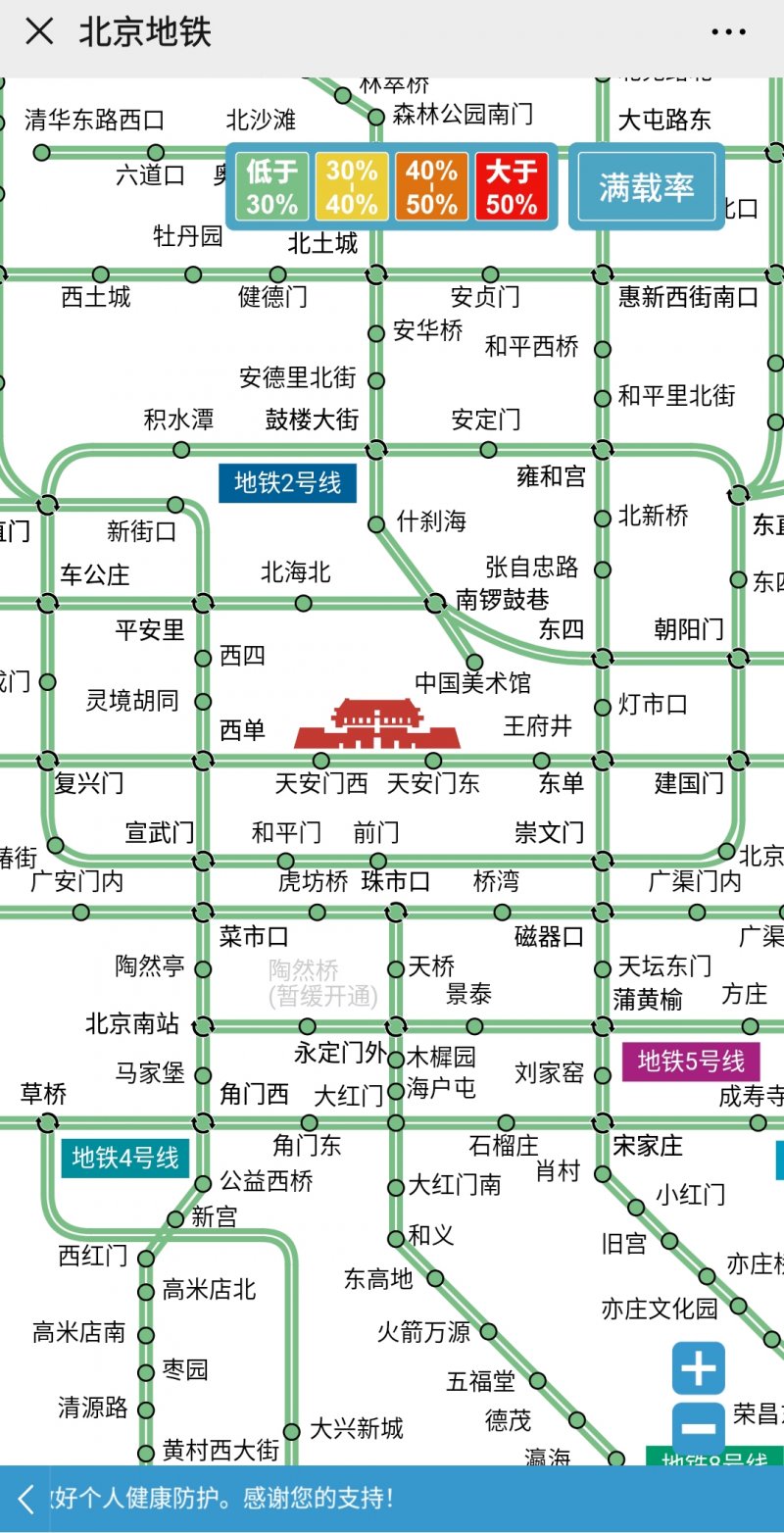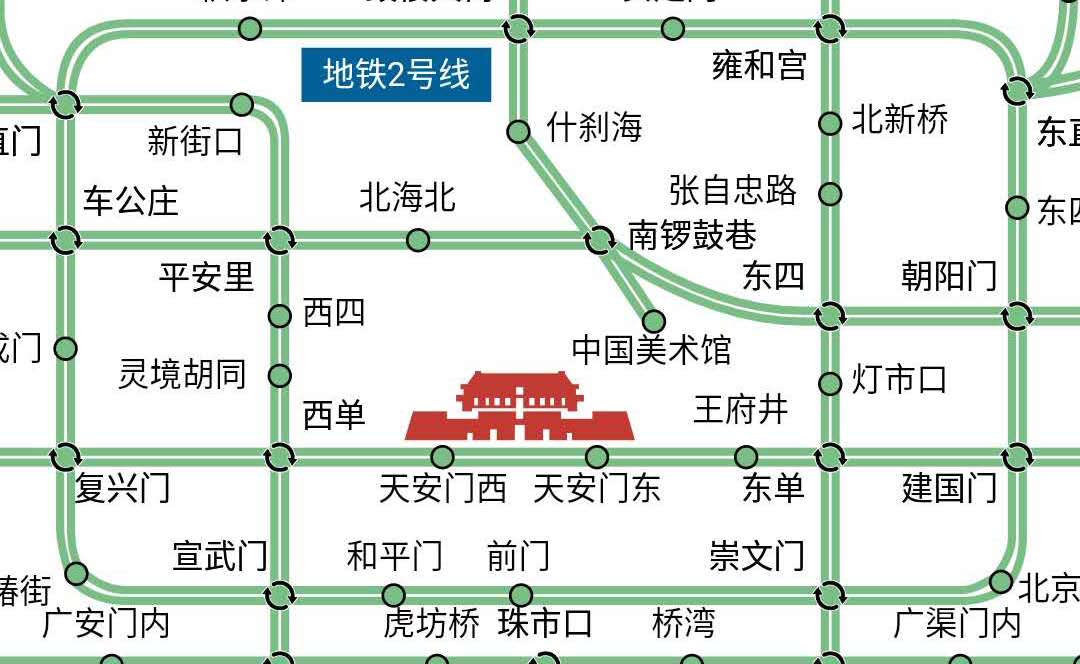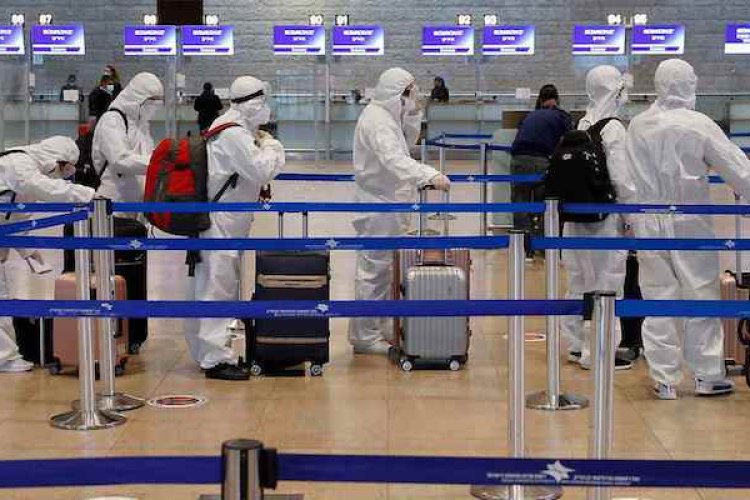Talking Travel: Commuter Density Subway App; Airbnb Extends Beijing Suspension to May
Talking Travel: Your roundup of Beijing's latest transportation-related news.
Beijing launches commuter density subway map app

As quarantines end for some and offices begin to open their doors, Beijing is slowly coming back to life. In preparation for the eventual return to normal and to help commuters avoid peak-time travel, the Beijing municipal government has launched a mini-app that shows subway commuter density in realtime. The mini-app, accessed via the official "北京地铁" account in WeChat, indicates densities of under 30 percent (green), 30-40 percent (yellow), 40-50 percent (orange), and over 50 percent (red). Here's how to find it:
Search "北京地铁" běijīng dìtiě in official accounts on WeChat. Click "地铁查询" dìtiě cháxún (subway inquiries).

Then choose "满载率查询" mǎnzài lǜ cháxún (capacity inquiry).

Airbnb suspends bookings until May

Following Beijing's attempt to control the spread of the coronavirus, Airbnb has extended the suspension of bookings from Feb 7 to Apr 30. The extension, another blow to China's tourism industry, comes amid the government's initiative to stop the spread of the deadly virus by reducing movement, interactions, and confining people to their current dwellings.
Meanwhile, Airbnb hosts have been left in the cold, unable to rent out their lodgings to potential tourists. Instead, tourists must use officially sanctioned accommodation, such as hotels, where they will be forced to adhere to a 14-day quarantine (though how strict the enforcement of such is TBD).
Local equivalent platforms such as Xiaozhu have also announced that they were pulling listings at least until the end of February to comply with local regulations, according to SCMP.
No tourists? No problem!

While the world's tourism industry suffers from the lack of Chinese tourists, some destinations have taken the unusual approach to advertize how quiet they are. Japan's historical city of Kyoto, for example, has launched an "empty tourism" campaign in an effort to lure visitors back, according to CNN. The campaign includes images of empty attractions, urging people to take advantage of the city's sites unencumbered by the usual hordes.
Meanwhile, tourists to Hong Kong have dropped a whopping 99 percent compared to the same time last year, according to Forbes. In February 2019, more than 200,000 visitors from China and the rest of the world versus 3,000 as of last week. Many of Hong Kong's attractions have also taken a hit, closing to stop the potential spread of the virus.
Finally, if you're looking to travel back to Beijing, remember to check our rolling coverage of airlines who are still operating in and out of the capital.
READ: Everything You Need to Know About Traveling Into and Out of China Right Now
Images: Beijing Municipal Commission of Transportation, China Daily, Tom Arnstein







